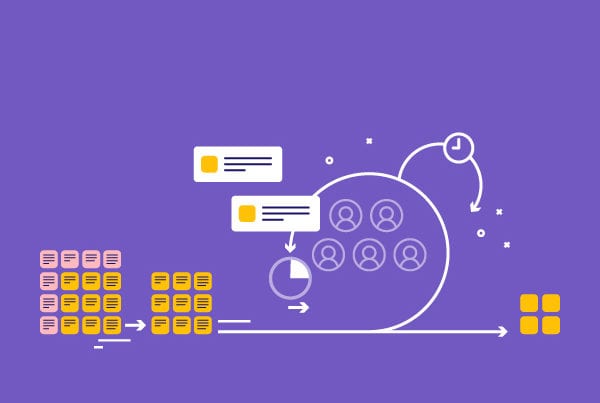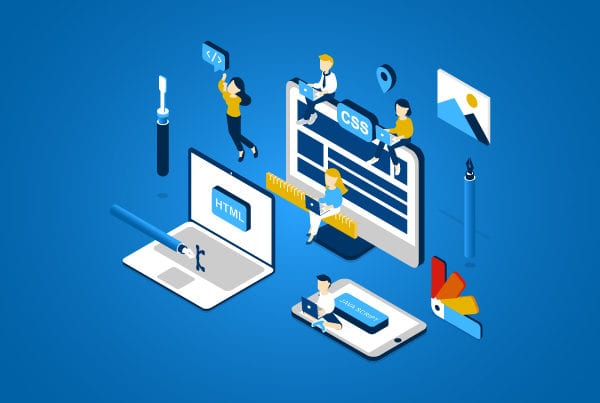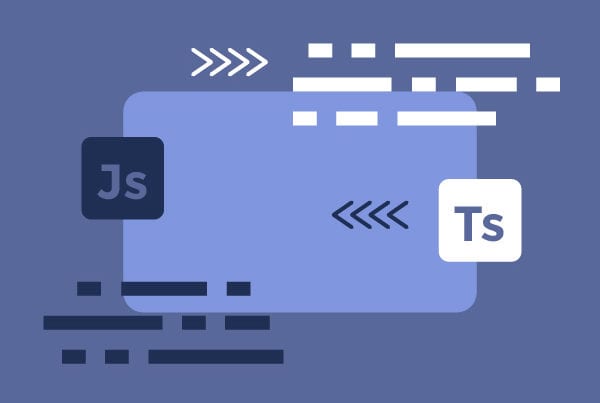Three key discovery phase questions
On a previous article, we talked about what a discovery phase is (the research phase of a project, intended to fully scope and plan its requirements) and the information needed to carry it out. In this article, we’d like to focus on one of its main aspects: the discovery phase questions you need to ask to help you throughout the process. We’ll be going over three key questions focusing on constraints and stakeholders, which you should definitely bring to the table, and some of the reasons why they’re so important.
1) What are the goals for this project?
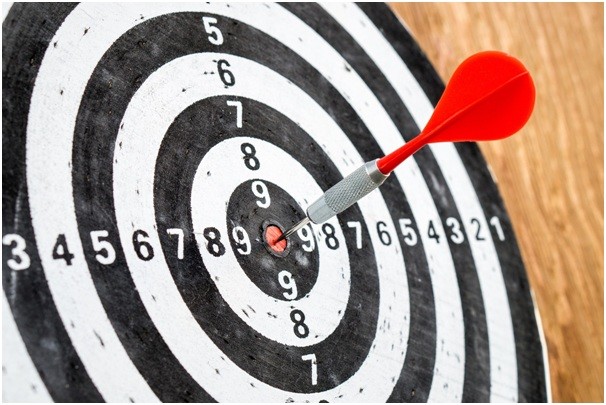
This is a fairly basic question at first glance, but there is a lot to it. To start off, the client may be looking for you to develop an app or a website, but that doesn’t narrow it down enough, as different apps or websites can have vastly different requirements. Asking this question is also important to understand what the client actually wants to accomplish, as well as any risks or competitor products that you’ll need to take into account. The meat of the issue is figuring out exactly what the client wants and what is needed to reach those goals.
You may follow up this question with some of the ones below to get extra information and optimize your proposal:
- What problem are you trying to solve?
- What do you think the solution is and why?
- What are your business goals?
- What would be considered a success?
- What complications or risks could you expect?
- What is the current state of the project?
- What solutions exist today?
2) What is the budget and is there a fixed deadline?
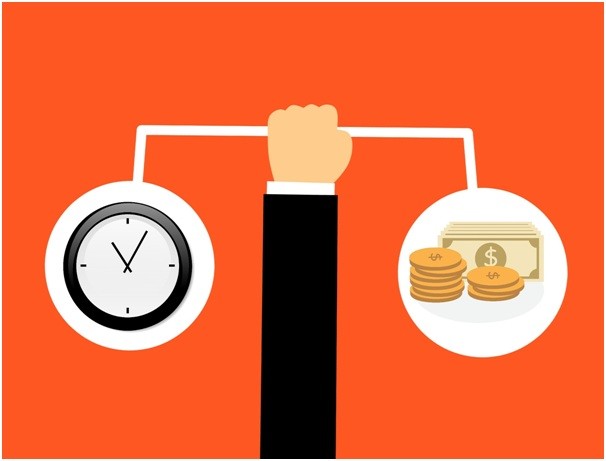
The client might not mention anything upfront, but it is essential to acquire this information to avoid issues in the future.
Being aware of the budget will help you understand any cost constraints there may be. This will let you develop a project plan that takes into consideration the client’s financial possibilities, and it will also allow you to advise the client on whether their budget is sufficient to cover the product they have in mind or to develop it within the expected deadline.
Regarding the deadline, knowing whether there are time limitations will help you determine the expected duration of the project, if there is any schedule flexibility and whether the project is urgent. This will provide insight on whether you will be able to take on the work and if the client’s timeframe is actually realistic (and if it is not, provide feedback on this point).
3) Who are the stakeholders?
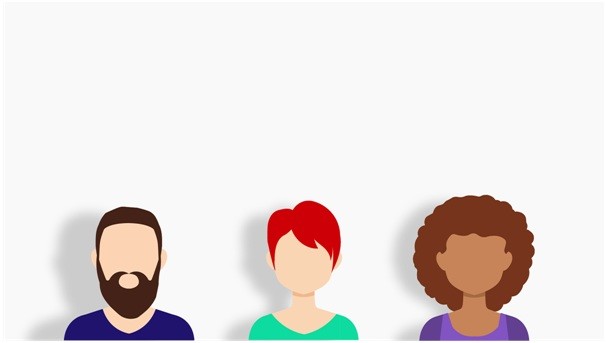
Knowing who the parties involved in the app or website you’ll be developing are, and what they want or need is just as important as having a clearly set budget and deadline.
There might be a number of stakeholders to be considered in a project. The two main stakeholders are, of course, the customer (the person or company that is paying for the app or website you are running the discovery phase for) and the end user (the ones who will actually use the product). The project customer will be actively involved in the entire process and be the one to approve the final result. When it comes to the end user, you will need to figure out how to make sure the project’s features, user experience, and functionality measure up to their expectations. Keep in mind that customers and users may have different needs and requirements, which means you will need to be careful when doing your research and find a proper balance between the two.
There may be other stakeholders besides the previous two involved (investors, sponsors, etc.) that may also have an influence on the project. You should make sure you know who all the stakeholders are and what their role in the project is so you can have a full understanding of all the requirements and are not caught off guard later on.
Discovery phase questions: To sum up
Just as the discovery phase is the first step of your MVP, establishing these questions is definitely the first step of your discovery phase. They will allow you to have a thorough understanding of what the work will entail and, therefore, provide you with the tools you need to carry out the discovery phase and provide your client with the best plan to develop their project.





